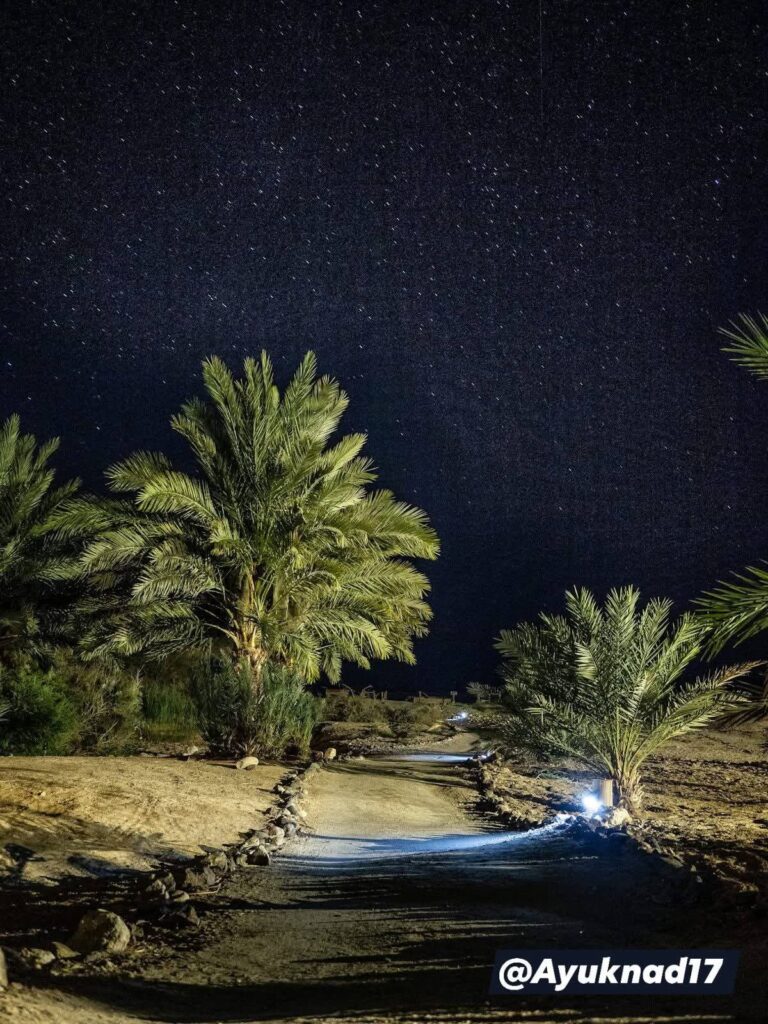Parashat Chol HaMoed (Sukkot Shabbat)
10th October 2025
Week of 5-11 October 2025
Torah portion : Exod.33 :12-34 :26 Haftarah : Ezek 38 :18-39 :16
Theme: LORD, Go ahead of us!
There are a few questions in my mind. The first is Chol Hamoed used for days III- VI of Sukkot (including the Shabbat – day V). I found this explanation in Chabad.org: Chol Hamoed (literally, “the weekday of the holiday”) refers to the “intermediate period” of the festivals of Passover and Sukkot. They are the days sandwiched between the beginning and ending holy days of both festivals.
The following is some information about Sukkot. Chabad.org came to my rescue again: Sukkot through Simchat Torah is nine days long. The first two days (Sukkot) and the last two days (Shemini Atzeret and Simchat Torah) are full-fledged festival days, and the middle five days are Chol Hamoed. (In Israel, the holiday is eight days long—Shemini Atzeret and Simchat Torah being condensed into one day—with the middle six days being Chol Hamoed.)
The reading from Exodus set for today puzzled me. Then I realized this was a week of specific readings. We find the LORD’s instruction concerning the celebration of Sukkot in Leviticus 23:33-44 under the general title of “Sabbath and Festivals”. Numbers 29:12-34 gives further instructions.

Two sections of the reading for today moved me to say: Is this the God who created us and whom we serve? The conversation between Moses and God 33:12-18 and 34:5-9. A note given in the NCB is as follows for verse 7: “Moses took a large tent and erected it outside the camp as a provisional place of meeting with the Lord and as a tribunal, while the definitive tent was being erected, that is, the tabernacle or tent of meeting (see Ex 40:2), which was to stand in the midst of the camp (Num 2:2).” So, Moses built a Sukkah for his meeting with the LORD. The conversation between the LORD and Moses is so open and direct – almost like ‘beginning again and asking for ground rules.’ These are two lovers /parents, one (Moses) who seems to be insecure as to how he stands with the LORD, looking forward as to ‘how they will lead the children’ on the right way. Moses wants to know whether he has found favor with the LORD so that he can secure the guidance of the LORD. We read some of the conversation: “13 Now, therefore, I beseech you, if I have found favor with you, show me your ways, so that I may know you and stay in your favor. Keep in mind that this people is your people.” 14 The Lord answered, “I will walk with you and give you rest.” Moses asks to see God’s Glory.
God’s glory is described in Ex.34: 6-7: 6 The Lord passed in front of him proclaiming, “The Lord, the Lord, a compassionate and gracious God, slow to anger and abounding in steadfast love and fidelity, 7 who shows mercy to thousands. He forgives iniquity and transgression and sin, but will by no means forgive the iniquity of the fathers, visiting it upon their sons and their sons’ sons, to the third and fourth generation.” Moses bowed down to the ground and worshipped God.
For Reflection and Discussion: These two sections of Exodus to which I have referred describe how my prayer needs to be with our Trinitarian God: seeking assurance, listening and then receiving the way I need to go. Shabbat Sukkot can be a time to do that. Discuss
Bibliography: biblegateway online – New Catholic Bible translation; Chabad.org
This week’s Parasha Commentary was prepared by
Bernadette Teresa Chellew, KZN, South Africa; Bat Kol Alumna 2008
[Copyright © 2025]

Comments are closed